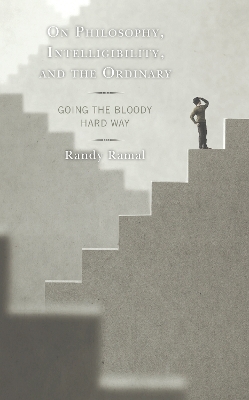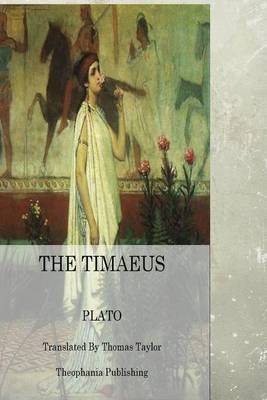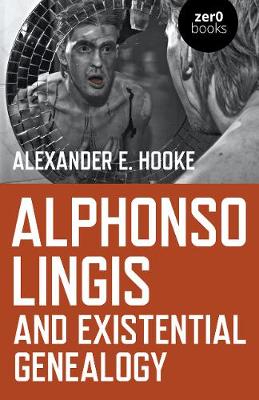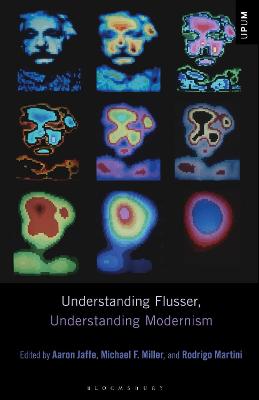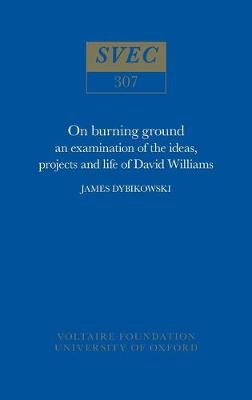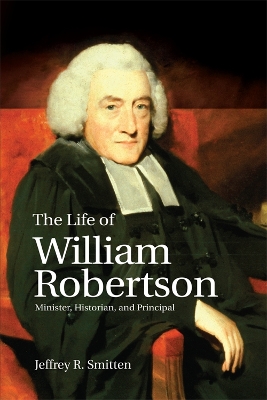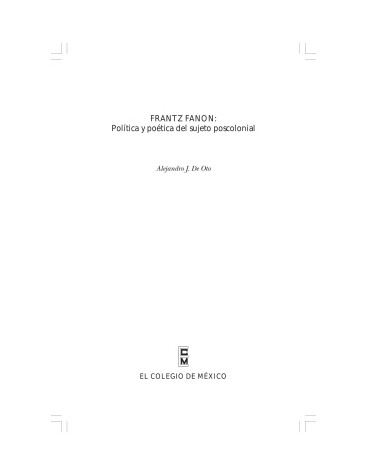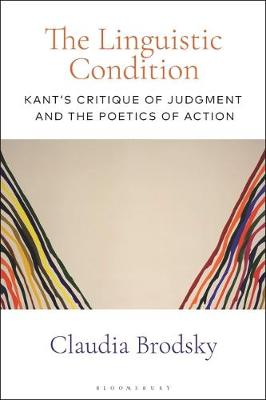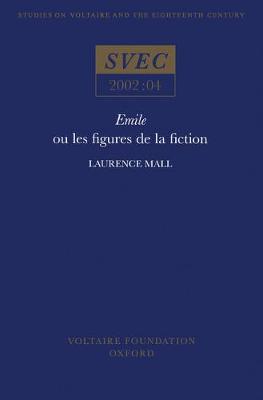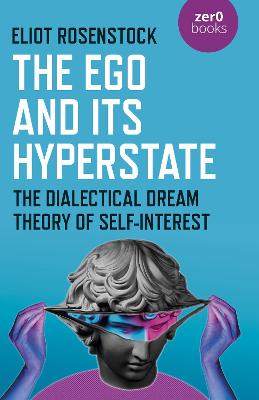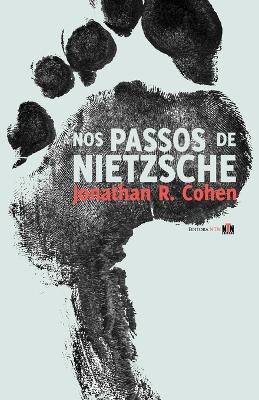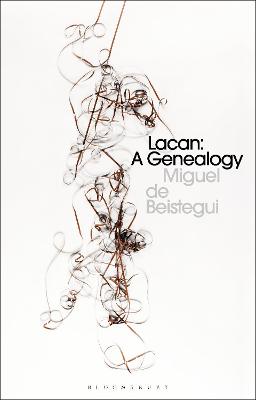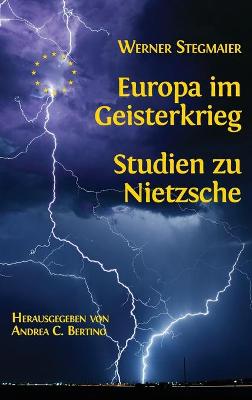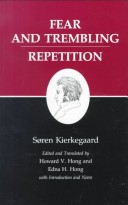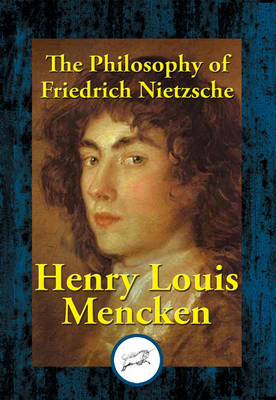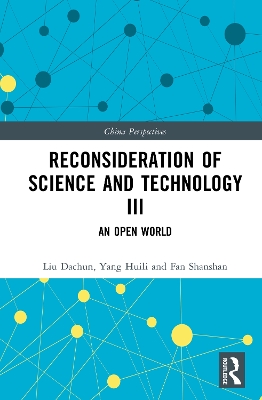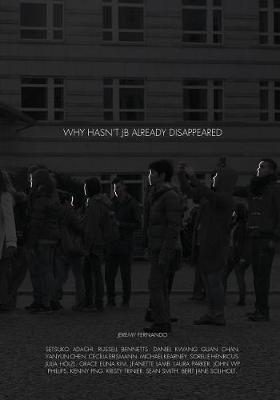On Philosophy, Intelligibility, and the Ordinary (Contemporary Whitehead Studies)
by Randy Ramal
Randy Ramal argues that philosophers have a hermeneutical responsibility to the intelligibility of everyday life. Furthermore, they need to go the hard way to fulfill it, which entails overcoming the temptation to turn philosophy into a normative discipline, while also appreciating the need to limit the philosopher’s engagement with the world to explicating the coherent sense that everyday life has, and to recovering that sense when life’s intelligibility is challenged by unwarranted skepticism....
The Timaeus (Focus Philosophical Library) (Loeb Classical Library)
by Plato
Timaeus is one of Plato's dialogues, mostly in the form of a long monologue given by the titular character, written circa 360 BC. The work puts forward speculation on the nature of the physical world and human beings. It is followed by the dialogue Critias. Speakers of the dialogue are Socrates, Timaeus of Locri, Hermocrates, and Critias. Some scholars believe that it is not the Critias of the Thirty Tyrants who is appearing in this dialogue, but his grandfather, who is also named Critias.
What is philosophy? Is philosophy an academic discipline that produces arguments and theories, or is philosophy also about understanding the world through stories, metaphors, analogies, ambience, and even through feelings? Alphonso Lingis approaches philosophy the way a travel writer approaches a strange new land, with his eyes open and with a conscious desire for experience. Using the genealogical approach of Nietzsche and Foucault, his work continues the phenomenological tradition. Alexander E...
Understanding Flusser, Understanding Modernism (Understanding Philosophy, Understanding Modernism)
The Czech-Brazilian philosopher Vilem Flusser (1920-1991) has been recognized as a decisive past master in the emergence of contemporary media theory and media archeology. His work engages and also rethinks several mythologies of modernity, devising new methodologies, experimental literary practices, and expanded hermeneutics that trouble traditional practices of literary/literate knowledge, shared experience, reception, and communication. Working within an expanded concept of modernism, Flus...
On Burning Ground (Oxford University Studies in the Enlightenment, #307)
by J. Dybikowski
David Williams rebelled against his puritanical background and became one of the most significant Welsh thinkers of the eighteenth century. His reputation has been that of an intriguing and fascinating maverick with a powerful independent streak. He is variously known for being the founder of the first deist chapel in Europe holding public worship, as a daring educationalist inspired by Rousseau, as a political theorist who championed a new concept of political liberty - perhaps his strongest...
In this non-technical introduction the author explains the nature of Wittengenstein's thought, and its impact on contemporary philosophy. Grayling distinguishes between an earlier period up until the completion of the work "Tractatus logico-philosophicus", published in 1921, and Wittgenstein's return to philosophy some years later when he worked out a new approach to the questions of thought, language, mind and knowledge. The book compares and contrasts the two periods of Wittgenstein's thought...
At the outset of the twentieth century, Lenin argued that materialism has to change its form with each new scientific discovery. Today, argues Slavoj Zizek in this major new work, we should apply this stricture to Lenin himself. Philosophical materialism has not yet risen to the challenge of relativity theory and quantum physics, or breakthroughs like Freudian psychoanalysis--and we need hardly mention the failure of actually existing Communism. In Absolute Recoil, Zizek proposes a new foundatio...
This is the first biography to see William Robertson as both a man and an intellectual figure at the centre of the Scottish Enlightenment. William Robertson differed from his contemporaries, such as Voltaire, Hume and Gibbon, because he used the critical tools of the Enlightenment to strengthen religion, not to attack it. As an historian, he helped shape eighteenth-century historiography. As a minister of the Church of Scotland, he sought to make the church fit for a polite age. And, as principa...
Frantz Fanon (Estudios de Asia y Africa, A/103)
by Alejandro J De Oto
Providing a unique interpretation of Kant's theory of judgement as integral to his overall project, Claudia Brodsky explores his continued relevance to contemporary theoretical concerns. The Linguistic Condition traces how Kant combined sensus communis, or common sense with the communicative nature of judgement to reveal that, for him, acts of judgement are dependent on their linguistic articulation, so that in Kantian philosophy language and judgement are inextricably linked. In this first in-d...
Emile ou les Figures de la Fiction (Oxford University Studies in the Enlightenment, 2002:04)
by Laurence Mall
Qu'est-ce qu'Emile, ou De l'education, que Rousseau considerait comme son livre 'le plus important'? Traite d'education, discours philosophique, recit hypothetico-romanesque, Emile pose, par la formidable complexite de ses traits generiques multiples et de ses strategies rhetoriques, de redoutable difficultes de lecture. Cette etude explore les aspects, fonctions et implications des figures du 'je' dans Emile: paradoxalement, le traite pedagogique et philosophique discursif tire d'un 'je' polyv...
The Ego And Its Hyperstate - A Psychoanalytically Informed Dialectical Analysis of Self-Interest
by Eliot Rosenstock
The Ego And Its Hyperstate is a unified theory of psychological and ethical egoism which posits self-interest. The dialectical dream theory sets its sights against capitalist notions of the self-interest contra the other, not simply with moralism, but with a more accurate analysis of the subject of self-interest than has been provided by capitalists and anarchist theorists alike. Through the lens of psychoanalysis and Hegelian dialectical logic, the process of self-interest as the ground of all...
Originally published in 1967. Ludwig Edelstein characterizes the idea of "progress" in Greek and Roman times. He analyzes the ancients' belief in "a tendency inherent in nature or in man to pass through a regular sequence of stages of development in past, present, and future, the latter stages being-with perhaps occasional retardations or minor regressions-superior to the earlier." Edelstein's contemporaries asserted that the Greeks and Romans were entirely ignorant of a belief in progress in th...
Lacan: A Genealogy provides a genealogical account of Lacan’s work as a whole, from his early writings on paranoid psychosis to his later work on the real and surplus enjoyment. Beistegui argues that Lacan's work requires an in-depth genealogy to chart and interpret the his key concept of desire. The genealogy is both a historical and critical approach, inspired by Foucault, which consists in asking how – that is, by what theoretical and practical transformations, by the emergence of which dis...
God and Being (Contemporary Studies in Philosophy & the Human Sciences)
by Jeff Owen Prudhomme
The author interprets the relation to Heidegger's ontology to theology in terms of a correlation. He develops his inquiry from several different perspectives: a brief overview of Heidegger's thought; an overview of the traditional connections of God and being, between ontology and theology, and of the necessity of the connection; an overview of the theological reception of Heidegger's work; and finally a discussion of the current situation in theology.
Georg Wilhelm Friedrich Hegel was one of the most influential philosophers of the 19th century. Unfortunately, his work is notoriously difficult to understand. There is thus a need for a clear presentation of his major philosophical contributions to help students and other interested persons in approaching the work of this important thinker.Philosopher Michael Allen Fox admirably fills this need in this lucid explanation of Hegel's ideas. Fox discusses at length the chief component of Hegel's...
Fear and Trembling (Penguin Pocket Hardbacks) (Penguin Great Ideas)
by Soren Kierkegaard
The infamous and controversial work that made a lasting impression on both modern Protestant theology and existentialist philosophers such as Sartre and Camus Writing under the pseudonym of "Johannes de silentio," Kierkegaard expounds his personal view of religion through a discussion of the scene in Genesis in which Abraham prepares to sacrifice his son Isaac at God's command. Believing Abraham's unreserved obedience to be the essential leap of faith needed to make a full commitment to his rel...
Reconsideration of Science and Technology III (China Perspectives)
by Liu Dachun, Yang Huili, and Fan Shanshan
Drawing on debates from traditional and postmodern thoughts on science and technology, the title builds a new theoretical framework to reconsider science and technology, integrating the opposing viewpoints that either justify science or negate it. As the third volume of a three-volume set that proposes to reconsider science and technology and explores how the philosophy of science and technology responds to an ever-changing world, this final volume seeks to restore the cultural implications of...
Essays in the Philosophy of History
by R G Collingwood and Robin George Collingwood
Is it possible to apply a theoretical approach to ethics? The French philosopher Catherine Chalier addresses this question with an unusual combination of traditional ethics and continental philosophy. In a powerful argument for the necessity of moral reflection, Chalier counters the notion that morality can be derived from theoretical knowledge. Chalier analyzes the positions of two great moral philosophers, Kant and Levinas. While both are critical of an ethics founded on knowledge, their cri...
